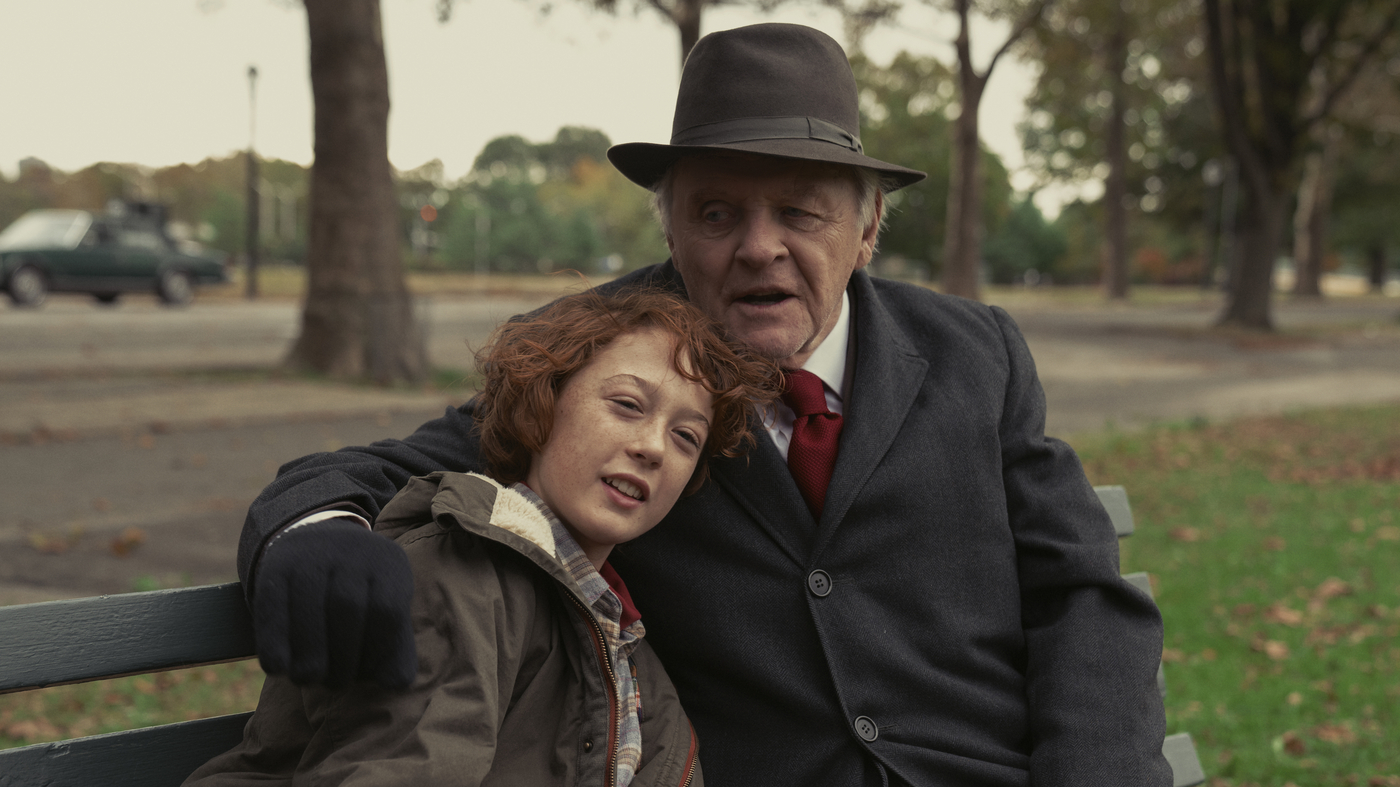This seems like the perfect time to revive my point about living in a golden age of creativity in film. We’re getting original horror hits like Barbarian and Smile, seasoned directors like Martin McDonagh are producing incredible stories like The Banshees of Inisherin, and I’m genuinely excited about most upcoming Marvel movies than I have been for a while. It would seem that it’s also an era for directorial reflection, as several accomplished filmmakers are dead set on revisiting their childhoods through a fictional lens. Spielberg is doing it with The Fabelmans (out next month) and now James Gray is doing it with Armageddon Time.
Set in the early 1980s, Armageddon Time is about young Jewish-American Paul Graff (a stand-in for Gray), whose life is changing faster than he would prefer. After he and his African-American friend Johnny are caught smoking pot, Paul is sent to his brother’s private school, where he’s confronted with the brutal realities of everyday prejudice. Young actors Banks Repeta and Jaylin Webb, who play Paul and Johnny respectively, are nothing short of incredible. Gray writes the central adolescent characters with care, compassion and an unexpected maturity, staying true to the precocious nature that one would expect from a likable young protagonist while keeping everything very realistic. Yes, this is how children talk, and it’s about time someone finally gets it.
Every other performance across the board is fantastic. Paul’s family is filled with award-winning actors, including parents Anne Hathaway and Jeremy Strong and grandfather Anthony Hopkins. Hopkins is a standout (I’m pretty sure he’s never truly phoned in a performance in his life, and even when he does, he’s the most dynamic part of the film), so it makes sense that Paul’s relationship with his grandfather is special and crucial to the story. If you’re going to make a therapeutic film about your upbringing, you might as well fill it with some of the best actors working today.
Most importantly, Armageddon Time speaks to the concept of privilege in a familiar, but effective way. Within the grounded generational family drama is a heartbreaking story about being thankful for what you have and what happens to you (despite how it may seem at the time), truthful to the experience of having a traumatizing adolescence but ultimately still being the lucky one. It’s a hard lesson, and one that a young boy is in no way equipped to learn, but definitely one that is best to learn earlier rather than later.
I see Armageddon Time as a singular chapter of a visual memoir, a fictionalized look at a semi-unique upbringing at a time when literal “armageddon” was on a lot of people’s minds. That sheer terror is not something a child could necessarily wrap their head around, so we’re left with the politics and fear as a backdrop while we find ourselves concerned with problems a ten-year-old considers to be the worst of the worst. This is topped off by short-lived fantasy sequences that only a ten-year-old could imagine, a style used sparingly but effectively.
I could go on and on about the simplicity of Armageddon Time. It’s very much from the perspective of a child, but brings us a legitimate perspective on the Jewish-American experience and a heartbreakingly truthful depiction of child abuse. The instrumental score, composed by Christopher Spelman (who has scored most of Gray’s recent works) is subtle and gorgeous, drawing us deeper into the film’s world with its quiet benevolence. I didn’t (nor will ever) live through the 1980s, so there is a personal disconnect for me in the setting of Armageddon Time, but the themes are timeless and resonant no matter who you are, and when or where you grew up. Because of the influx of high-profile “awards season” movies this year, I fear Armageddon Time will fly under the radar, so I urge you to support James Gray’s self-reflective vision and give it the repute it deserves.
Armageddon Time is playing now in select theaters, before a nationwide release on November 4.



No comments:
Post a Comment